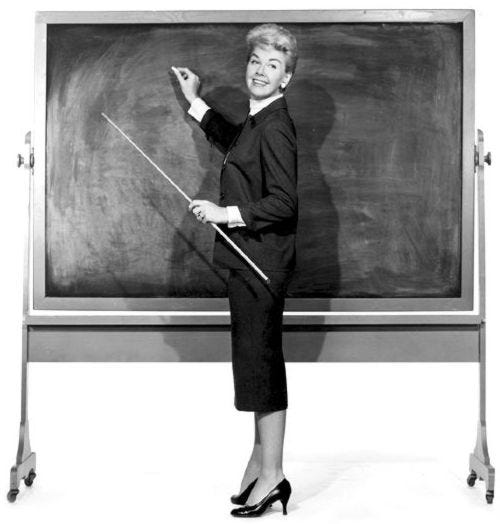How Hard Can It Be?
I really like the beginning of this book review as it relates to the profession of education:
There’s no easier job in the world than being a bad teacher. It’s a cinch, with short hours and plenty of long vacations. The pay’s not always great, but as long as your standards are low, and all you’re looking for is an easy job, I recommend being a really rotten teacher.
Be really awful. Cobble together some industry-standard lesson plans and re-run them every year; grade superficially and with an emphasis on numbers; kick back and watch the seasons change as the sea of young faces before you renews itself year after year. (Don’t ask me how I know so much about this.)
But as soon as you decide to be a pretty good teacher, you’ve let yourself in for a world of trouble. If that stack of papers needs thoughtful grading and a quick turn-around, you’re in for long hours of intense focus. If you have to re-think every sentence to make sure it connects with this particular group of students, you’re in for a high-energy workout.
And if you decide to try for excellence, to really make a difference for your students, then you’ve moved to The Other Side of teaching, and you find that there are few jobs harder than being a good teacher. It’s not just that you’ll have to put in a lot of hours. It’s that you’ll have to think. Think!
The really hard part about teaching is the thinking. Because if you want to help people as an educator, you have to know what people are for, why they exist, what it would mean for them to be fulfilled, and what Good their existence is ordered toward. Suddenly, you are up to your chin in the most important philosophical questions that can ever be asked.
The full review is at The Scriptorium; the book is called Education for Human Flourishing by Paul Spears and Steven Loomis.




